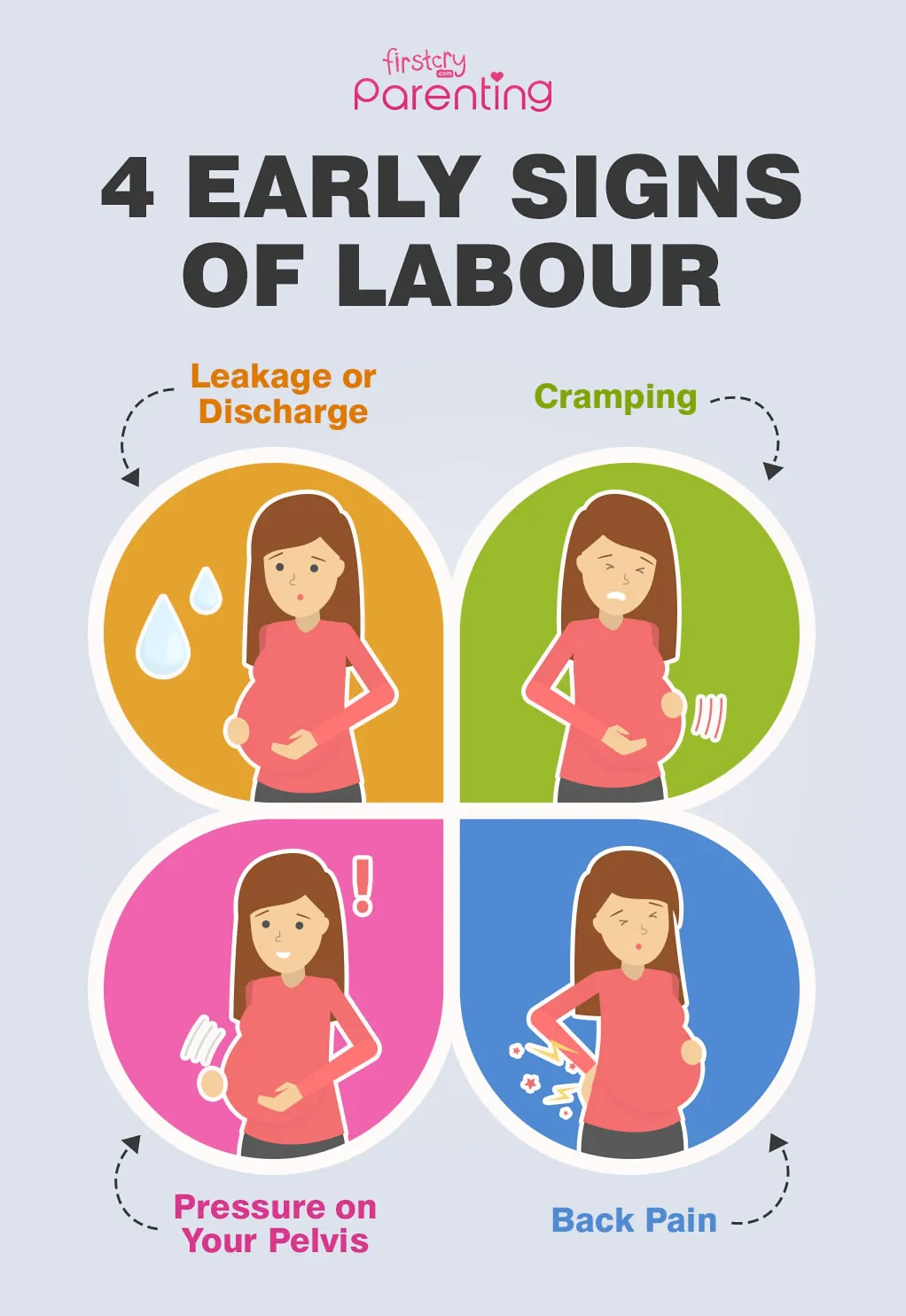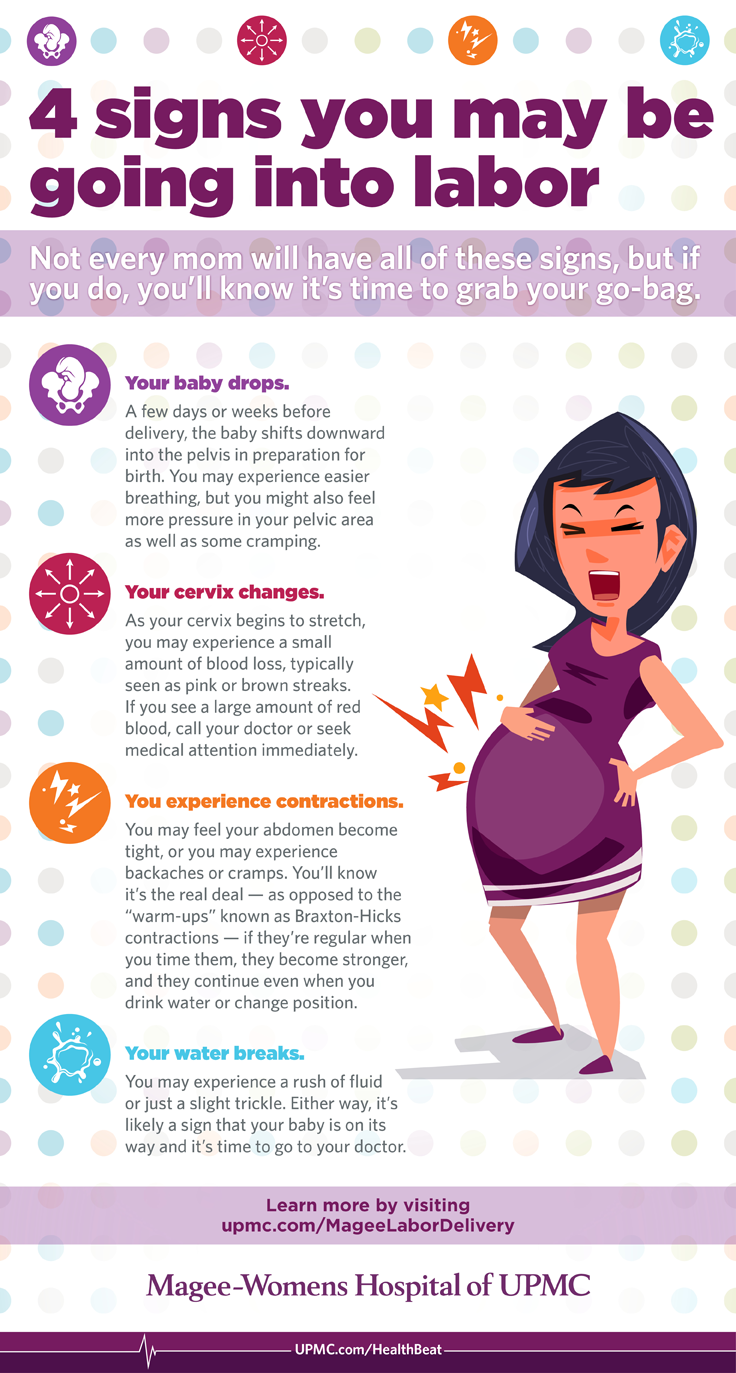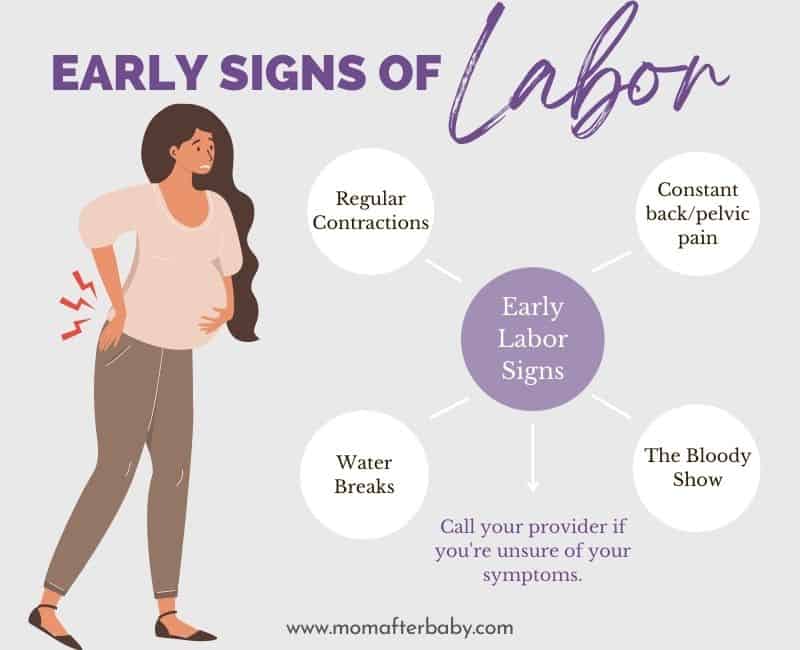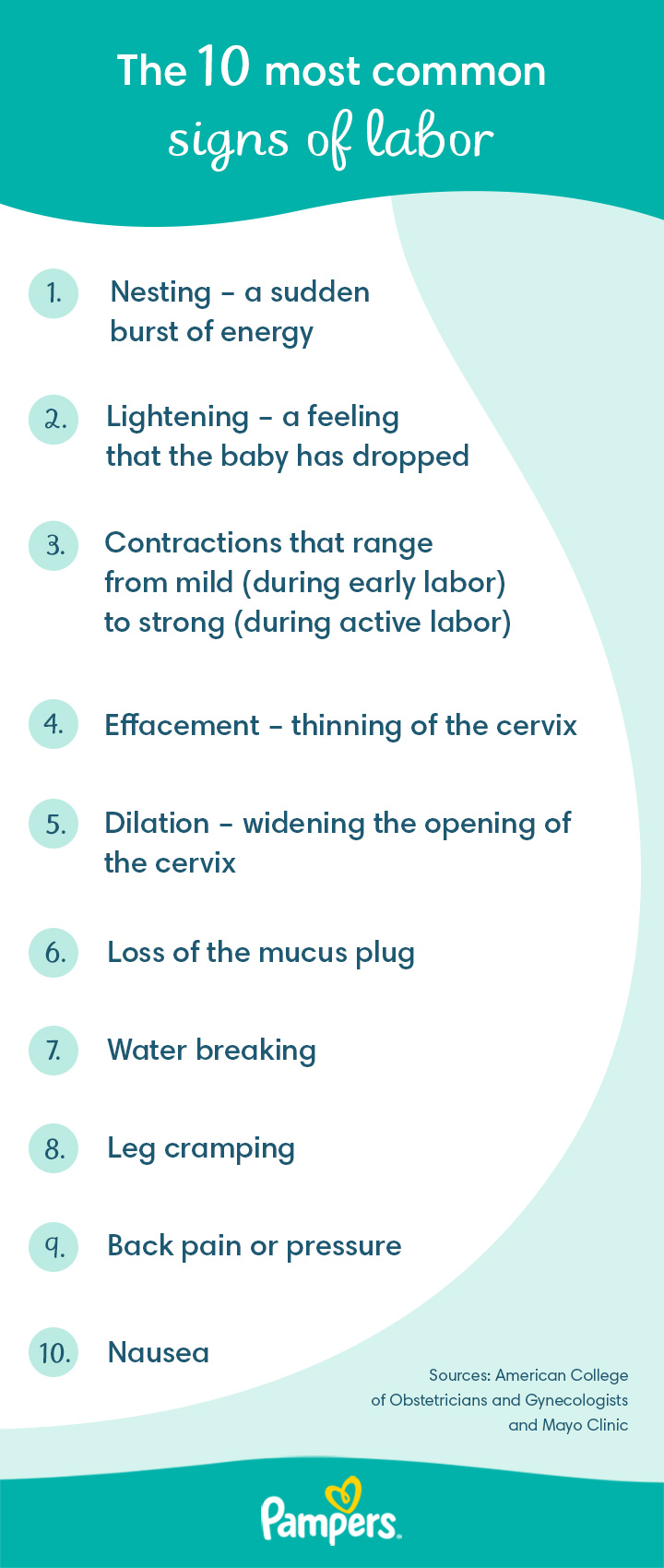Discharge Signs Of Labor Approaching
Discharge Signs Of Labor Approaching - These are just some of the symptoms that could mean you’re in (or about to begin) the. While changes in vaginal discharge are a common sign that labor is approaching, they are usually accompanied by other symptoms. Braxton hicks, or practice contractions, become more frequent and intense as labor. Regular tightening of your uterus that may cause discomfort or pain. Signs of labor may include contractions, cramps, pelvic pressure, changes in vaginal discharge and loss of mucus plug — but. Discharge, lower back pain, needing to poo. It may appear as clear, pink, or slightly bloody discharge. Breaking of the amniotic sac that holds your baby.
Discharge, lower back pain, needing to poo. While changes in vaginal discharge are a common sign that labor is approaching, they are usually accompanied by other symptoms. Regular tightening of your uterus that may cause discomfort or pain. These are just some of the symptoms that could mean you’re in (or about to begin) the. Braxton hicks, or practice contractions, become more frequent and intense as labor. It may appear as clear, pink, or slightly bloody discharge. Breaking of the amniotic sac that holds your baby. Signs of labor may include contractions, cramps, pelvic pressure, changes in vaginal discharge and loss of mucus plug — but.
Breaking of the amniotic sac that holds your baby. These are just some of the symptoms that could mean you’re in (or about to begin) the. It may appear as clear, pink, or slightly bloody discharge. Regular tightening of your uterus that may cause discomfort or pain. While changes in vaginal discharge are a common sign that labor is approaching, they are usually accompanied by other symptoms. Braxton hicks, or practice contractions, become more frequent and intense as labor. Signs of labor may include contractions, cramps, pelvic pressure, changes in vaginal discharge and loss of mucus plug — but. Discharge, lower back pain, needing to poo.
What Are Signs Of Labor Approaching
Discharge, lower back pain, needing to poo. Breaking of the amniotic sac that holds your baby. While changes in vaginal discharge are a common sign that labor is approaching, they are usually accompanied by other symptoms. Signs of labor may include contractions, cramps, pelvic pressure, changes in vaginal discharge and loss of mucus plug — but. Regular tightening of your.
4 Signs You May Be Going into Labor UPMC HealthBeat
These are just some of the symptoms that could mean you’re in (or about to begin) the. Signs of labor may include contractions, cramps, pelvic pressure, changes in vaginal discharge and loss of mucus plug — but. Discharge, lower back pain, needing to poo. Breaking of the amniotic sac that holds your baby. It may appear as clear, pink, or.
Signs of Labor Educational Tear Pad How to time contractions, Signs
Signs of labor may include contractions, cramps, pelvic pressure, changes in vaginal discharge and loss of mucus plug — but. It may appear as clear, pink, or slightly bloody discharge. Discharge, lower back pain, needing to poo. While changes in vaginal discharge are a common sign that labor is approaching, they are usually accompanied by other symptoms. Breaking of the.
Early Labour Signs
These are just some of the symptoms that could mean you’re in (or about to begin) the. Braxton hicks, or practice contractions, become more frequent and intense as labor. Breaking of the amniotic sac that holds your baby. Signs of labor may include contractions, cramps, pelvic pressure, changes in vaginal discharge and loss of mucus plug — but. It may.
Sudden Exhaustion Before Labor (A Strange Sign Baby is Almost Here
These are just some of the symptoms that could mean you’re in (or about to begin) the. Discharge, lower back pain, needing to poo. Regular tightening of your uterus that may cause discomfort or pain. Signs of labor may include contractions, cramps, pelvic pressure, changes in vaginal discharge and loss of mucus plug — but. Breaking of the amniotic sac.
Early signs of labour and what to do when you're in labour Signs of
Breaking of the amniotic sac that holds your baby. Signs of labor may include contractions, cramps, pelvic pressure, changes in vaginal discharge and loss of mucus plug — but. While changes in vaginal discharge are a common sign that labor is approaching, they are usually accompanied by other symptoms. These are just some of the symptoms that could mean you’re.
Signs of Labor The Pregnancy Nurse
Breaking of the amniotic sac that holds your baby. While changes in vaginal discharge are a common sign that labor is approaching, they are usually accompanied by other symptoms. These are just some of the symptoms that could mean you’re in (or about to begin) the. Discharge, lower back pain, needing to poo. Braxton hicks, or practice contractions, become more.
Signs Of Labor Educational Tear Pad Childbirth Graphics
These are just some of the symptoms that could mean you’re in (or about to begin) the. While changes in vaginal discharge are a common sign that labor is approaching, they are usually accompanied by other symptoms. Regular tightening of your uterus that may cause discomfort or pain. Braxton hicks, or practice contractions, become more frequent and intense as labor..
when should i go to the hospital for back labor Wynell Gage
Signs of labor may include contractions, cramps, pelvic pressure, changes in vaginal discharge and loss of mucus plug — but. Braxton hicks, or practice contractions, become more frequent and intense as labor. Discharge, lower back pain, needing to poo. Regular tightening of your uterus that may cause discomfort or pain. Breaking of the amniotic sac that holds your baby.
Early Signs of Labour Approaching
Discharge, lower back pain, needing to poo. While changes in vaginal discharge are a common sign that labor is approaching, they are usually accompanied by other symptoms. These are just some of the symptoms that could mean you’re in (or about to begin) the. Braxton hicks, or practice contractions, become more frequent and intense as labor. Regular tightening of your.
Signs Of Labor May Include Contractions, Cramps, Pelvic Pressure, Changes In Vaginal Discharge And Loss Of Mucus Plug — But.
Breaking of the amniotic sac that holds your baby. It may appear as clear, pink, or slightly bloody discharge. Regular tightening of your uterus that may cause discomfort or pain. Discharge, lower back pain, needing to poo.
While Changes In Vaginal Discharge Are A Common Sign That Labor Is Approaching, They Are Usually Accompanied By Other Symptoms.
Braxton hicks, or practice contractions, become more frequent and intense as labor. These are just some of the symptoms that could mean you’re in (or about to begin) the.









